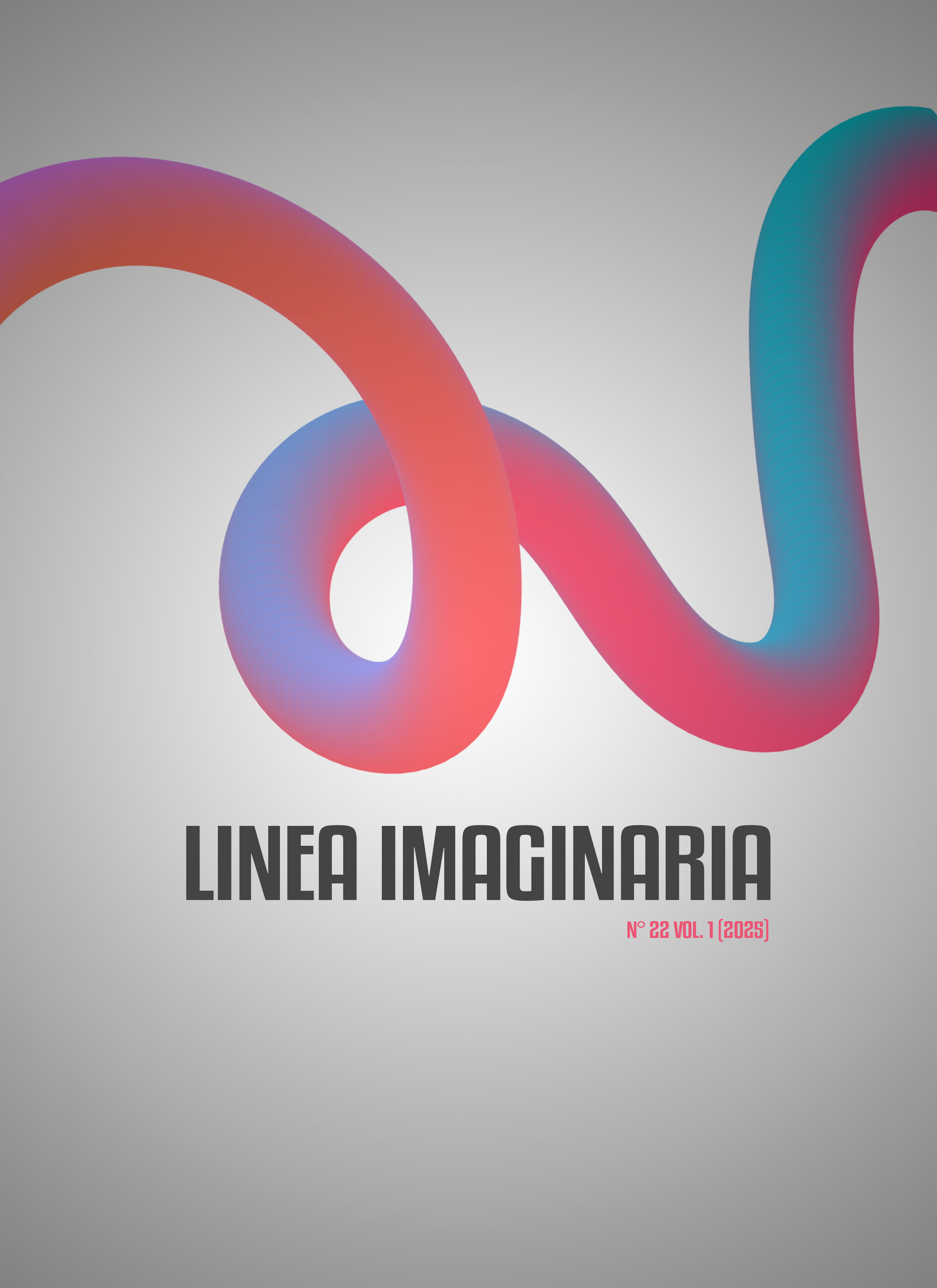TEACHING CONCEPTUAL PHYSICS IN THE 21ST CENTURY CHALLENGES AND STRATEGIES FOR MEANINGFUL LEARNING
DOI:
https://doi.org/10.56219/lneaimaginaria.v1i22.4147Abstract
ABSTRACT
Physics teaching in the 21st century demands a paradigm shift, moving from memorization to meaningful learning where students construct their own knowledge. This essay analyzes the challenges and strategies for achieving this, emphasizing the need for conceptual teaching that fosters deep understanding and connections between ideas. The current educational model is criticized for its focus on memorization and lack of connection to students' interests. More broadly, the purpose of this article is to analyze the development of the teaching process of conceptual physics in the 21st century, challenges, and strategies for meaningful learning. In this context, the importance of using new technologies such as simulations, mobile applications, and virtual reality to create more interactive and engaging learning is highlighted. Collaborative learning, problem-solving, and the development of critical thinking skills are crucial for a deep understanding of physics. The need for teachers to be trained in new methodologies and digital tools to facilitate this process is emphasized. Finally, the importance of integrating ethics and sustainable development into physics teaching is raised, reflecting on the implications of technological advances for society and the environment.
Downloads
References
Adadd, G. (2022). Reflexiones sobre la enseñanza actual en física. Base conceptual. Volumen 34, número extra. Selección de Trabajos Presentados a SIEF16
Balladares, Galo & Monteros, Erika & Achig, Victor & Vega, Karina & Caiza, Nancy & Córdova, Andrea. (2023). El Storytelling como Estrategia Didáctica Innovadora para Promover el Aprendizaje Significativo en la Educación: Exploración y Aplicaciones. Ciencia Latina Revista Científica Multidisciplinar. 7. 7726-7739. 10.37811/cl_rcm.v7i5.8352. DOI: https://doi.org/10.37811/cl_rcm.v7i5.8352
Escobar Moreno, F., y Romero Vargas, S. (2022). El aprendizaje de gráficas cinemáticas a través del modelo ADDIE utilizando un enfoque neuro-educativo. IE Revista De Investigación Educativa De La REDIECH, 13, e1554. https://doi.org/10.33010/ie_rie_rediech.v13i0.1554 DOI: https://doi.org/10.33010/ie_rie_rediech.v13i0.1554
Jiménez Ordóñez, A. (2022). Efectos de la hibridación de los modelos Educación Aventura y Aprendizaje Cooperativo en el apoyo a las Necesidades Psicológicas Básicas. ull.es
Núñez-Aldaz, G. L., Hayk, P., & Bejas-Monzant, M. (2021). Enseñanza de la educación ambiental para el desarrollo sostenible en el Ecuador. Polo del conocimiento, 6(6), 820-832. polodelconocimiento.com
Olivera Sagua, I. J. (2021). La retroalimentación en el proceso de enseñanza – aprendizaje del inglés en estudiantes de secundaria. Revista Latinoamericana Ogmios, 1(2), 140–150. https://doi.org/10.53595/rlo.v1.i2.013 DOI: https://doi.org/10.53595/rlo.v1.i2.013
Sousa, R., Campanari, R. y Rodrigues, A. (2021). La realidad virtual como herramienta para la educación básica y profesional. Revista Científica General José María Córdova, 19 (33), 223-241. https://doi.org/10.21830/19006586.728 DOI: https://doi.org/10.21830/19006586.728
Suárez, K. y Alarcón Barragán, P. G. (2024). Maestros y maestras anclados en el siglo XX, educando en el siglo XXI. libertadores.edu.co
Zurita, C. C. E. G., Bonilla, A. M. S., Jaya, B. M. E., Guevara, Y. G. G., & Bonilla-Jiménez, M. M. (2023). La comprensión lectora como fundamento del pensamiento crítico. Ciencia Latina Revista Científica Multidisciplinar, 7(2), 8756-8776. ciencialatina.org DOI: https://doi.org/10.37811/cl_rcm.v7i2.5985
Downloads
Published
How to Cite
Issue
Section
License

This work is licensed under a Creative Commons Attribution-NonCommercial-ShareAlike 4.0 International License.
La revista Línea Imaginaria conserva los derechos patrimoniales (copyright) de las obras publicadas, que favorece y permite la reutilización de los mismos bajo la licencia Creative Commons Atribución-NoComercial-CompartirIgual 4.0 , por lo cual se pueden copiar, usar, difundir, transmitir y exponer públicamente, siempre que se cite la autoría y fuente original de su publicación (revista, editorial, URL y DOI de la obra), no se usen para fines comerciales u onerosos y se mencione la existencia y especificaciones de esta licencia de uso. Si remezcla, transforma o crea a partir del material, debe distribuir su contribución bajo la misma licencia del original.













